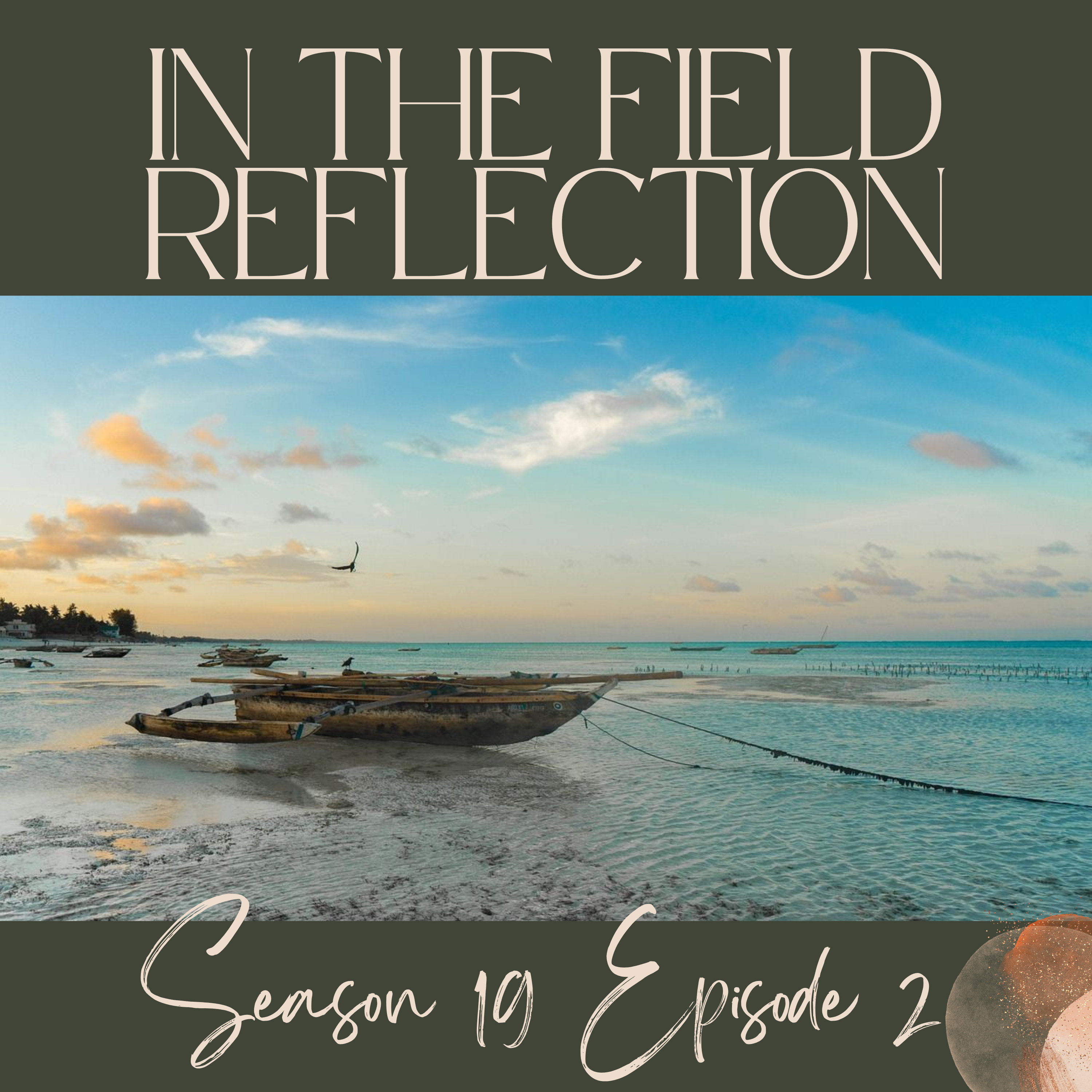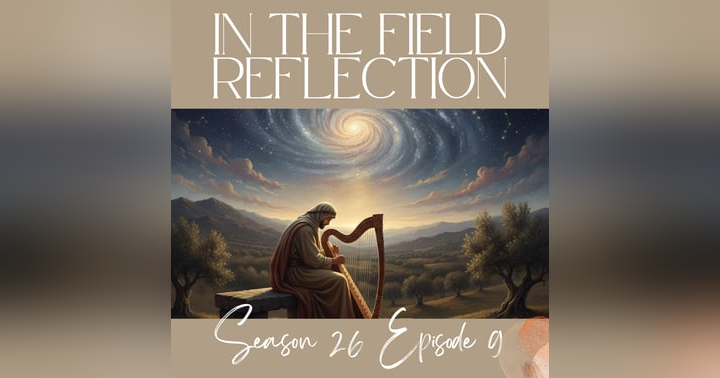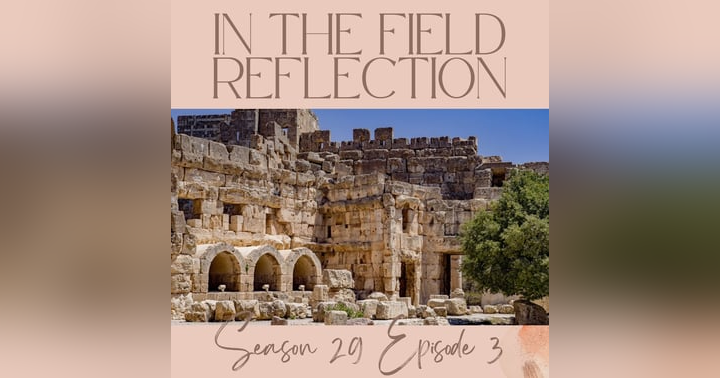Prison Wisdom: How Paul Turned Shackles into Salvation

In the dimly lit corner of a Roman prison cell, the Apostle Paul crafted words that would transcend time, chains, and circumstances. From shackles into salvation, Ephesians 2 stands as one of the most profound articulations of grace in Scripture. Through In the Field Audio Bible, we're invited into an immersive experience of these transformative truths.
The episode opens with a poignant musical reflection asking, "Will I be okay?" – a question that resonates through human experience. This vulnerable inquiry sets the stage for Paul's powerful message that follows: yes, we will be alright, not because of our circumstances, but because of God's unfailing grace. The musical prelude creates an emotional backdrop for the theological richness that unfolds, inviting listeners to bring their own uncertainties and fears into the sacred space of Scripture.
As the narrative shifts, we're transported into Paul's prison cell. The descriptive imagery is vivid – the cold stone walls, the dampness creeping through cracks, the clinking chains at his wrists, and the flickering oil lamp casting dancing shadows across the walls. Yet within this confined space, Paul's spirit remains unbounded. The paradox is striking: a physically imprisoned man speaking with complete spiritual freedom. "Though iron chains may claim my wrist," Paul says, "I walk in the wide expanse of freedom." This juxtaposition highlights the episode's central theme – true liberty comes not from external circumstances but from internal transformation through Christ.
The heart of Ephesians 2 beats with the rhythm of contrast: death to life, far to near, stranger to family, hostility to peace. Paul doesn't sugarcoat our former condition – "You were dead, not bruised, not merely broken – dead, lifeless in your trespasses and sins." This stark reality makes what follows even more astounding: "But God, rich in mercy, lavish in love..." These two words – "but God" – serve as the pivot point upon which everything changes. The episode beautifully captures how these simple words "ring in these prison walls louder than any trumpets."
Grace emerges as the dominant motif throughout the narrative. It is, as Paul describes, "the air I breathe in this cell . . . the warmth that wraps me, even when the night winds creep in through these stone cracks." This portrayal of grace as not merely a theological concept but as a lived reality sustaining Paul through imprisonment offers profound perspective for listeners facing their own difficulties. Grace becomes tangible – something that upholds, strengthens, and transforms us precisely when we have nothing to offer in return.
The imagery of walls being torn down resonates throughout the episode. Paul speaks of Christ demolishing the dividing walls between Jew and Gentile, creating "a new humanity" where former enemies become family. This message holds particular relevance in our fragmented world where divisions seem to multiply daily. The question lingers: what walls in our own hearts need to come down? What barriers do we construct between ourselves and others that Christ has already demolished through his work on the cross?
As the episode draws to a close, Paul offers reflective questions that transform passive listening into active engagement: Am I living like someone made alive in Christ? Where have I built walls that Christ has torn down? Do I embrace being God's workmanship? These prompts invite us not merely to absorb information but to allow Scripture to examine our lives and transform our daily practices.
"In the Field Audio Bible" achieves something remarkable with this episode – it bridges the gap between ancient text and contemporary experience, helping us recognize that Paul's words from a Roman prison cell speak directly into our modern circumstances, challenges, and questions. The immersive approach reminds us that Scripture isn't merely to be studied but experienced, inhabited, and lived. Through this creative portrayal, Ephesians 2 becomes not just a historical letter but a living word that continues to breathe life into all who encounter its message of grace.



